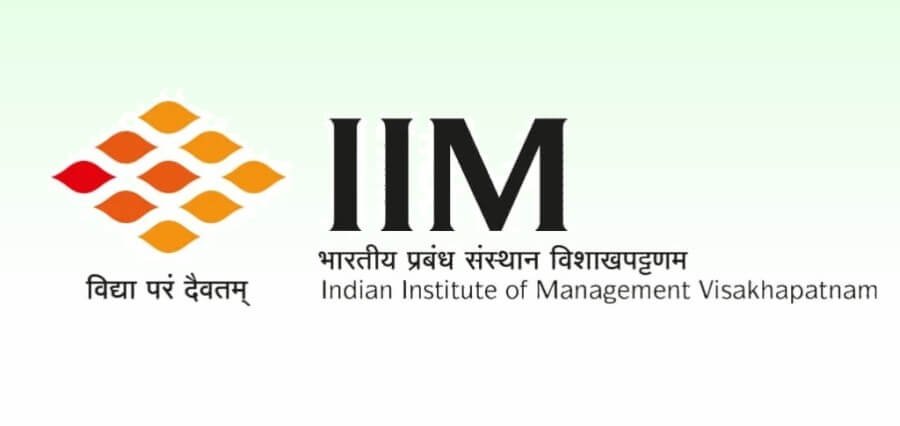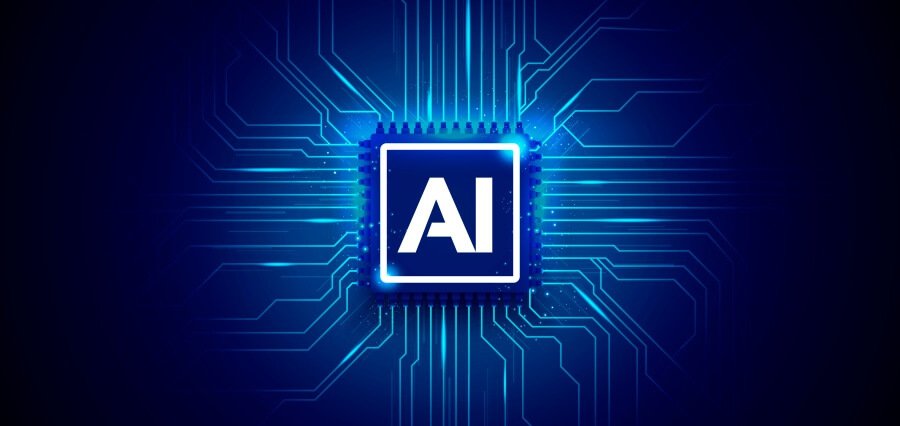Modern Learning Strategies
Education is not static; it evolves with demands for learners and teachers to adjust to changing approaches. With the growth of technology affecting teaching methods, it is crucial to know modern learning strategies. The strategies ensure learning engages students, equips them with desired skills and performs exceptionally well.
Want to get ahead in the learning journey? Let’s explore how education experts reveal top strategies for modern learning!
The Shift in Learning Approaches
Today’s learning needs cannot be addressed by conventional methods. Contemporary methods of learning emphasise student-centred, technology-based, and interactive approaches that improve understanding and recall. Experiential learning, self-directed learning, and online platforms are important elements of these approaches.
Personalised Learning for Better Engagement
Students learn differently, and that is why individualised education proves to be a successful strategy. Adaptive learning tools adjust the instructional material to individual requirements, and students can move ahead at their own pace. Websites like Coursera and Khan Academy leverage AI-based instruments to personalise courses so that students better understand ideas.
The Role of Technology in Education
Technology plays an essential role in education currently. Interactive applications, virtual reality, and gamification have revamped old learning styles. Google Classroom and Microsoft Teams are some tools that facilitate collaboration among teachers and students without glitches. Video lectures, podcasts, and webinars are other sources through which learning is absorbed optimally.
Active Learning Strategies
Active learning is no longer sufficient in keeping students interested. Modern learning strategies focus on active learning mechanisms like group discussions, hands-on projects and problem-solving exercises. Case studies and practical applications enable students to implement theoretical concepts effectively.
Blended Learning for a Balanced Approach
Blended learning integrates online materials with face-to-face learning, offering flexibility and a structured learning process. Universities and business training programs extensively use this method, enabling students to learn through digital resources while also gaining benefits from human guidance. Harvard and Stanford have incorporated blended learning into their curriculum to improve study results.
Microlearning for Rapid Knowledge Retention
Microlearning entails providing brief, concentrated lessons that are simple to comprehend and retain. Sites such as LinkedIn Learning and Udemy provide bite-sized courses where learners can grasp essential information rapidly. This is especially helpful for professionals who need ongoing skill improvement without spending significant time.
Collaborative Learning for Skill Development
Group learning improves knowledge recall and critical thinking. Peer discussions and group projects are collaborative learning strategies that promote teamwork and communication. Online discussion boards, forums and virtual study groups serve to enhance interaction among learners globally.
Self-Paced Learning for Flexibility
With hectic schedules, self-learning is the best means of learning with no time limit. Online courses from universities such as MIT and Yale give students the flexibility to learn at their own time. This approach is best suited for professional learners and lifelong learners.
Gamification to Improve Engagement
Game-based pedagogies promote motivation and involvement. Tools like Duolingo and Kahoot employ reward programs, competitions and scorecards to ensure education is engaging. Adding elements of games to studies keeps learners active and gets enhanced results.
Practical Applications for Real-World Knowledge
Incorporating real-life situations into learning renders education more effective. Project-based learning, internships and apprenticeships enable students to practice theoretical principles in real-life settings. Google and IBM are two such companies that provide learning experiences bridging the gap between practice and education.
Importance of Continuous Learning
Ongoing learning guarantees skill development and professional advancement. Professions such as healthcare, technology and finance necessitate professionals to continuously update their knowledge. Online certifications, workshops, and seminars keep people updated in their professions.
Conclusion
The use of modern learning strategies is central to academic and professional achievement. Through personalised learning, blended education, or gamification, learning is effective as knowledge is obtained. Education experts reveal top strategies for modern learning: the process of following new approaches in learning is enhanced, and academic objectives are fulfilled.





